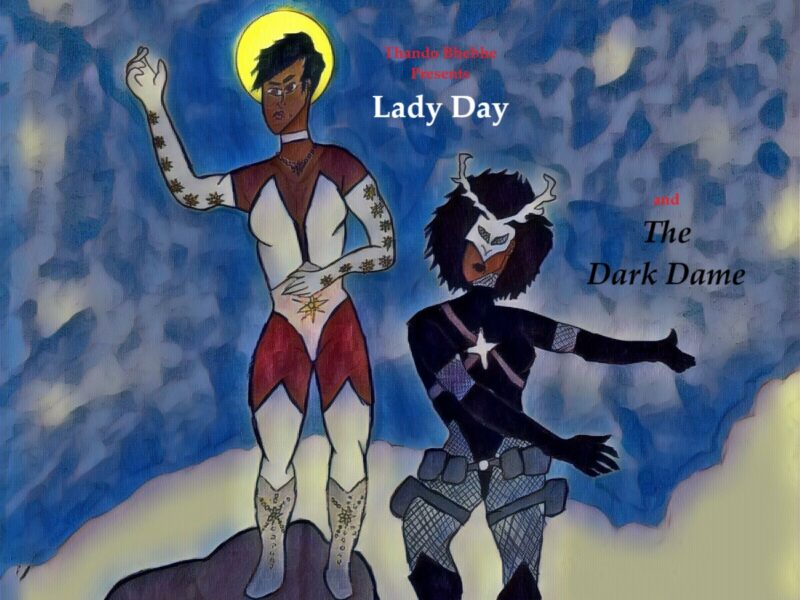There are some things that I can’t imagine myself doing, jobs that I can’t imagine occupying. Somewhere on that long list is being in the armed forces. But when I got the opportunity to spend a day with the Guelph 11th Field Regiment during their artillery training weekend in Meaford Ontario, I threw that list out the window.
When I arrived at 0900 hours, the bombardiers had already been up for several hours. As part of their training, the senior base staff provide them with a mock scenario to give them a taste of what they would be faced with in a real-life situation. The bombardiers are split into four groups and are competing to complete their objectives – setting up blockades, throwing grenades, and practicing harassing and direct fire.
I’ve been equipped with protective eye wear, a green jacket and tac vest with about a dozen pockets in it – perfect for storing a lot of things, and a nightmare if you are prone to misplacing. A hat, helmet, and boots were also generously lent to me for the day from the personal stocks of some of the soldiers. Captain Bernard is assigned to supervise me and answer any questions that I may have.
After sorting out the equipment, I headed out to the launch pad with Cpt. Bernard. When we arrived, two groups were firing the C3 Howiter, one with mock shots and the other with the real deal. Each group of six appeared to be working diligently at their assigned tasks, the huge howitzer tanks releasing grey clouds of smoke, smelling distinctly of sulphur.
At lunch time, Cpt. Bernard took me to collect an Individual Meal Pack (IMP). The choice of meals was limited: chili, shepherd’s pie, and my choice – mac ‘n cheese. After revealing my pick to the other bombardiers, they told me that I must be a student and that I would never have to prove my bravery to them. Cpt. Bernard boiled the silver packet for me, while I snacked on bread and preserved peaches. He told me that these packs have a lot of calories in them, so that they can sustain the bombardiers.
“Tomorrow you can go to McDonald’s guilt-free,” he remarked.
After lunch, I went to use the porta-potty. While inside, the C3’s were still going off. It was surreal, to be using the washroom while huge, destructive weapons exploded all around me. It dawned on me that there are people in the world who are probably used to completing all sorts of mundane tasks while deadly weapons were used in close proximity. It was a humbling thought.
Later, while the Captain had me looking through the binoculars at the black explosions in the distance, something caught my eye. A fluttering object appeared in the right corner of the lens, too big to be a fly but too small to be a bird. It was a butterfly – commonly a symbol for peace. Apparently, local wildlife has gotten used to the erratic firing; I’m told that the area has become a wildlife haven and that hunters are regularly invited to keep the abundant deer, wolf, and turkey populations down.
Upon returning to where the 11th Field Regiment was located, my journalistic skills were put to the test. I was asked to question a few of the bombardiers about things that they are not meant to answer as a part of their media training. Bombardiers and other employees of the forces are encouraged to talk about their experiences, but political views are off limits.
After picking out the youngest of the bunch, I shoved my tape recorder in his face, asking him who he voted for, what he thought of the mission in Afghanistan, what he thought of the American army, even if he thought I was a cute girl. Unfortunately, he answered even my most bizarre questions with ease, constantly saying he’s not in the position to answer and referring me to his superiors for more information, much to my disappointment.
While warming up in the command central, Master Bombardier Peter Simmons gave me a personal demonstration of how to use a gas mask. Simmons’ swiftly executed actions were almost robot-like. He explained that every action served an important purpose, which is why every time he puts on the mask he does it the exact same way. Now it was my turn. As Simmons shouted “Gas, Gas, Gas,” bent over and with my eyes closed, my hands clumsily found the mask in a satchel on my left hip. I stumbled trying to find the mask’s opening, feeling buckles and plastic until I realized I had turned the mask completely around. I opened my eyes and straightened up and sheepishly asked if I could start again. After several failed attempts, another bombardier timed my last effort. I was able to successfully put it on in ten seconds, a second slower then the regulated passing rate.
The late afternoon brought me back outside to witness the four groups perform harassing fire with C3’s altogether. Bombardiers scattered to prepare for their next commands, lining the high explosive shells, setting the target coordinates and stuffing the carriage with the shells all while calling back to the orders being shouted at them. I even had the privilege of pulling the lanyard that set off this powerful weapon – twice.
It was after dinner that I was introduced to the military’s colourful and creative use of the word “fuck.”
“Only in the army is ‘fuck’ a noun, pronoun, adverb, and adjective,” explained one of the computer techs.
Another comments that the cursing has something to do with the uniform, as if by putting it on, swear words come more readily.
Another part of the camaraderie is the dark humor they all seem to possess. One of the men coughed, to which another remarked, “Hey, how’s that H1N1?” The seniors also poke fun at Bombardier Andrew Woodward’s interest in philosophy books.
“As long as I’m laughing, they’re not laughing at me,” Woodward tells me.
“This is the army, we can tell you to laugh,” another says jokingly.
When it was time to return the borrowed equipment and change back into my civilian clothes, I couldn’t help but feel a sense of loss. I felt like I gained a fresh insight and perspective on the army reserves and what they do. I had had a great time with the 11th Field Regiment, but could I ever imagine doing what these men and women do? Sir, no, sir.



